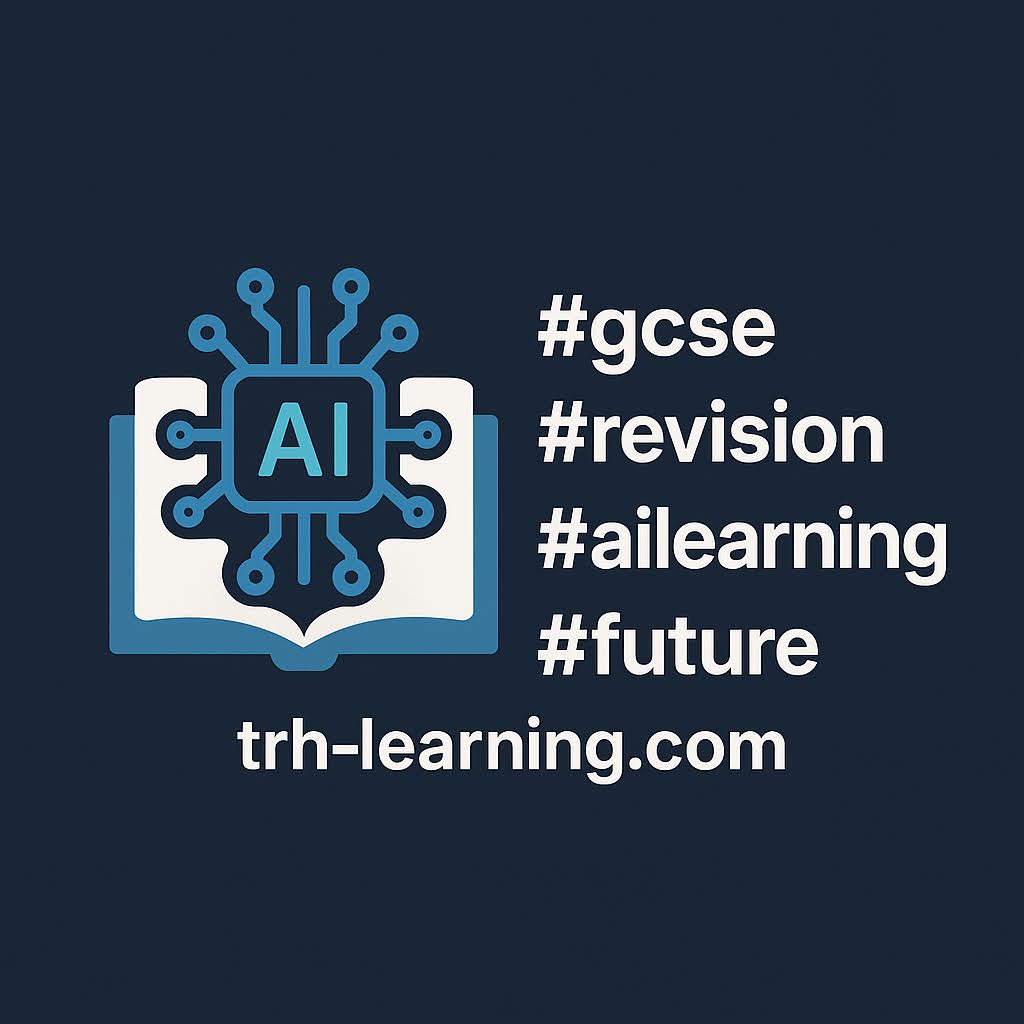"GCSE Physics Mastery: Forces and Their Applications in Everyday Life...
Forces and Their Applications in Everyday Life for Exam Success
Understanding Forces in GCSE Physics
Forces are a fundamental concept in GCSE Physics, playing a crucial role in understanding how objects interact in the physical world. Mastery of this topic is essential for exam success and practical applications in everyday life.
Types of Forces
- Gravitational Force: The force of attraction between two masses. It keeps planets in orbit and objects grounded on Earth.
- Frictional Force: The resistance force that occurs when two surfaces move across each other. It is essential for activities like walking and driving.
- Normal Force: The support force exerted upon an object in contact with another stable object, such as a book resting on a table.
- Applied Force: A force applied to an object by a person or another object, such as pushing a door open.
- Tension Force: The force transmitted through a string, rope, or wire when it is pulled tight by forces acting from opposite ends.
Applications of Forces in Everyday Life
Understanding forces is not only crucial for exams but also for practical applications:

- Transportation: Forces are at play in vehicles, affecting acceleration, braking, and fuel efficiency.
- Construction: Engineers use knowledge of forces to design stable structures that can withstand various loads.
- Sports: Athletes leverage forces to enhance performance, such as using friction for better grip or applying force for optimal speed.
Preparing for Exams
To excel in GCSE Physics exams, students should:
- Understand and memorize key formulas related to force calculations.
- Practice solving problems involving different types of forces.
- Use past exam papers to familiarize themselves with question formats.
“The study of forces is not just about passing exams; it's about understanding the world around us.”
Browse Categories 📚
💻 Digital Tools
⚡ Study Techniques
📚 GCSE Subjects
🎯 Exam Preparation
📖 Economics Education
📖 Physics Education
💡 General Tips
📖 Chemistry Education
📖 Mathematics Education
🧠 Student Wellbeing
📖 Educational Technology
📖 Biology Education
👨👩👧👦 Parent Support
📖 GCSE Maths Revision
📖 Educational Technology in Chemistry
📖 GCSE Physics Revision
📖 Educational Technology in Biology
📖 Study Skills
📖 NVIDIA AI Certification
📖 Mathematics Revision
📖 GCSE Economics Revision
📖 GCSE Chemistry Revision
📖 Chemistry Revision
📖 AI Certification and Training
📖 AI Certification & Career Development
📖 Study Skills & Exam Preparation
📖 Science Education
📖 Responsible AI & Certification
📖 Practical Math Skills
📖 Personal Finance Basics
📖 Parental Guidance
📖 Natural Language Processing
📖 Modern Genetics and Biotechnology
📖 Mathematics in Everyday Life
📖 Mathematics Fundamentals
📖 Math Skills
📖 Machine Learning Certification
📖 MLOps & Model Deployment
📖 Generative AI Certification and Applications
📖 GPU Architecture & Optimization
📖 GCSE Maths Skills
📖 GCSE Exams & Assessment
📖 GCSE Biology Revision
📖 Financial Literacy
📖 Ethical AI Development
📖 Environmental Science
📖 Educational Technology in Physics
📖 Educational Technology in Mathematics
📖 Educational Strategies
📖 Education and Curriculum Development
📖 Edge AI & IoT
📖 Data Visualization
📖 Currency Exchange
📖 Conversational AI Development
📖 Computer Vision Applications
📖 Cloud AI Infrastructure
📖 AI/ML Certification
📖 AI Model Implementation
📖 AI Certification and Skills Development
📖 AI Certification and Deployment
Ready to boost your learning? Explore our comprehensive resources above, or visit TRH Learning to start your personalized study journey today!
📚
Category: Physics Education
Last updated: 2025-09-24 09:55 UTC